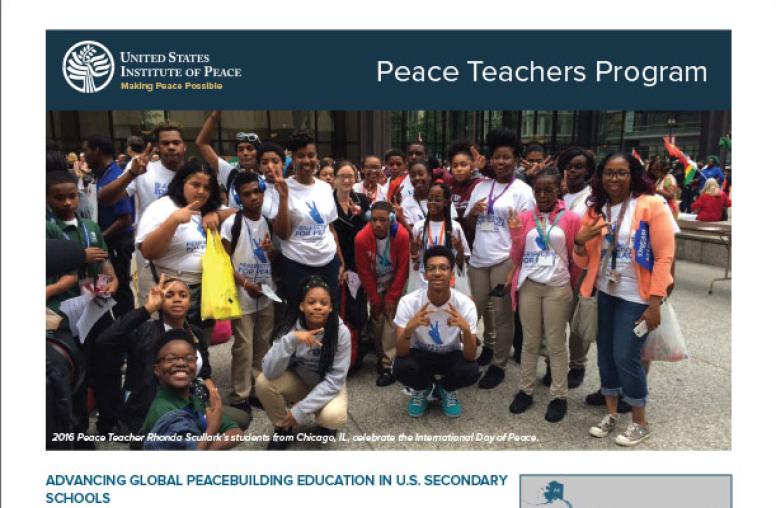Iraqi Voices Entering 2010
As the U.S. prepares to leave Iraq, USIP examines the impact of Iraq’s emerging civil society on politics, and what the U.S. can and should do to ensure continued progress.

Summary
- Successful attacks on key government buildings underscore worries about whether Iraqis can manage their own security. They mask, however, something new in Iraqi society: an emerging vox populi that found potent expression in provincial elections last January, despite the odds. As national elections approach in March, political leaders are realizing that they ignore this growing voice at their peril.
- Aware that American attention is shifting towards other problems at home and abroad, Iraqis are nervously contemplating how much U.S. support they can expect going forward in their fragile experiment in democratic governance. The U.S. role in helping Iraqis prepare for national elections has been crucial and largely welcome--it should continue through the transition to a new government. Successful complete withdrawal by 2012 depends on an Iraqi government that is responsive to its people’s basic needs and capable of evolving peacefully via fair elections.
- Longer term, there are several critical areas on which a distracted and resource stretched America should focus. These include intensifying efforts to help Arabs and Kurds resolve disputes and forestall the need for an extended U.S. military presence in northern Iraq. Helping Iraq protect its borders – a vulnerability highlighted by Iran’s recent incursion--and nudging the Gulf Arab states to more actively engage Iraq as an emerging partner in regional security and economic structures will also be key to stability inside and beyond Iraq’s borders.
- If water is the “new oil” in terms of its resource value and potential to create conflict, that future is now playing out in Iraq. Shortages and poor quality are already causing serious health and economic problems, displacement and raising tensions with Iraq’s neighbors. The U.S. can help here on both the diplomatic and technical sides of the issue.
About This Brief
This report is based on a visit to Baghdad in December by William B. Taylor, Jr. and Rusty Barber during which they met with a broad crosscut of Iraqi political and civil society leaders and with U.S and international officials. Since 2004, USIP has maintained an office in Baghdad staffed by Iraqis and Americans and dedicated to helping Iraq achieve peace and stability through reconciliation, expanded civil society and improved self-governance.



